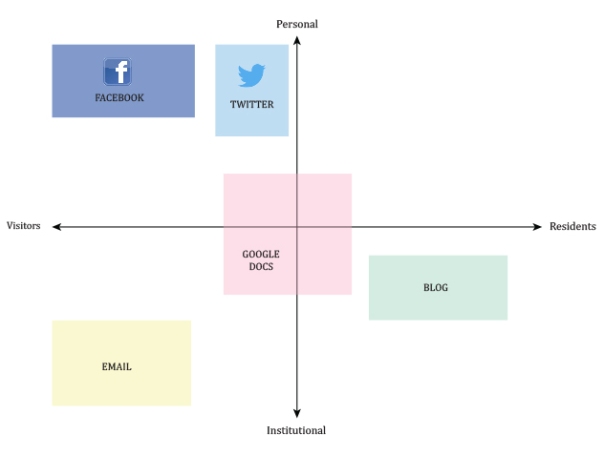
Introductory Post: Am I a Digital Resident or a Digital Visitor?
Technology is a well-known term that has become the driving motivator behind our digitally-enhanced world. But how many people are actually familiar with the term Digital Resident or Digital Visitor? And how many people are truly aware of where they stand? Thus, this post discusses about both end of the spectrum and where a person stand in the virtual world.
Digital Resident
When in resident mode the individual is going online to connect to, or to be with, other people.
Continue reading →







